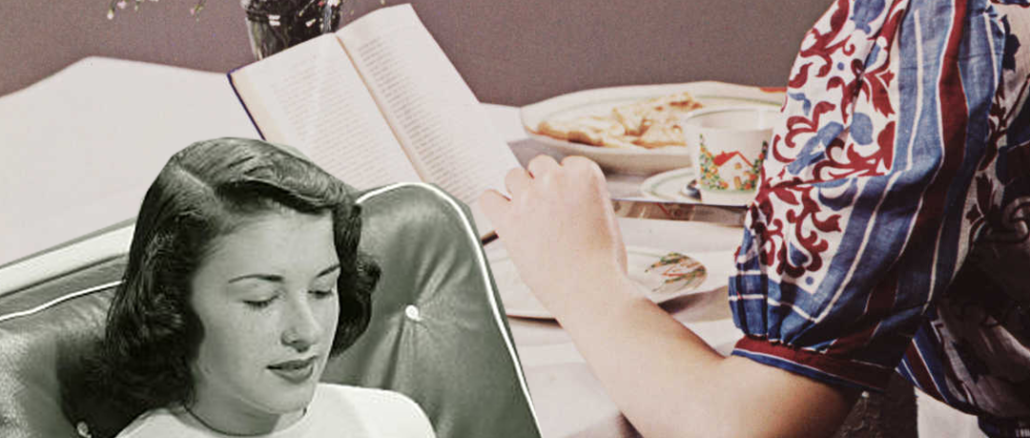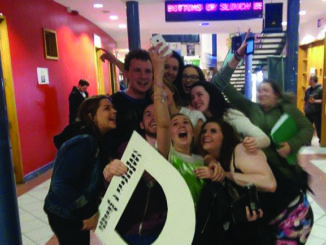
Ireland has no shortage of remarkable women in literature. Writers like Sally Rooney, Naoise
Dolan, Anne Enright, Claire Keegan, Marian Keyes and many more have topped bestseller
lists, been nominated for prestigious awards and won some along the way. Their work
showcases the intelligence, strength and creativity of women’s voices.
But it is not just Irish writers making waves. There has been a global shift. In any bookstore,
whether on the BookTok shelves, in crime, fiction or among the classics, women’s names
stand confidently. Yet one can’t help but wonder, why did it take so long for women’s
literature to be fully recognised?
Women’s literature has long thrived, though often under male pen names. George Eliot, or
the Brontë Sisters writing as Currer, Ellis and Acton Bell, adopted male pen names in a time
that dismissed women’s contributions to intellectual life. Jane Austen’s work was only fully
appreciated and widely read after her death. Despite their success in the face of barriers,
women’s writing has often been undervalued in a male-dominated literary world. In more
recent times, critics referred to the books of Marian Keyes, Cecelia Ahern and Cathy Kelly as
“chick-lit” in an attempt to belittle their work, despite their huge readership in Ireland, the UK
and beyond.
Marketing has also played its part. Book covers by female authors often featured images of
stiletto heels, cocktails or bright pastel colours, reinforcing the idea that these books were
not to be taken seriously. But was the criticism ever really about the stories themselves, or
was it discomfort from a male-dominated literary world uneasy with women taking up space
in publishing?
Today, a similar pattern can be seen in the rise of “Romantasy”, a blend of romance and
fantasy. Authors such as Rebecca Yarros, with her record-breaking Fourth Wing, and Sarah
J. Maas, with A Court of Thorns and Roses, dominate bestseller lists. Yet their books are too
often dismissed as “smut”. Compare this to male authors; graphic and sexual scenes in
books like Game of Thrones do not face the same belittling language. Is it only when women
write about desire and power that their work is dismissed?
Who decides what counts as “serious” literature anyway? Must every book spark deep
philosophical debate? Writers like Emily Henry and Rebecca Yarros succeed because they
tell engaging stories that captivate readers. Their purpose is not to provoke intellectual
discourse but to offer stories that entertain and move the reader. As Michele Gorman put it in
a 2010 Guardian article, “I take issue with those who dismiss all chick-lit as poorly written
fodder for the dim-witted reader. There are some appallingly bad books (as I discovered),
but that’s true of every single genre.”
Take George R.R. Martin or Brandon Sanderson, for example. Their books, full of war,
power, and yes, romance, get plenty of praise, even with all the explicit content. Like
Romantasy, their work isn’t for everyone, yet readers are rarely criticised for enjoying it.
It’s the reader who decides what matters, and they shouldn’t wait for permission to read what
they like. A book doesn’t need a critic’s approval to be enjoyable, entertaining or to be
important to someone. It’s worth lies in the way it connects with its readers and endures
despite criticism or dismissal.
Whether readers are drawn to Romantasy, classic literary fiction or any other genre, one
thing is clear. These books no longer need to justify their place. They have already claimed
it.



